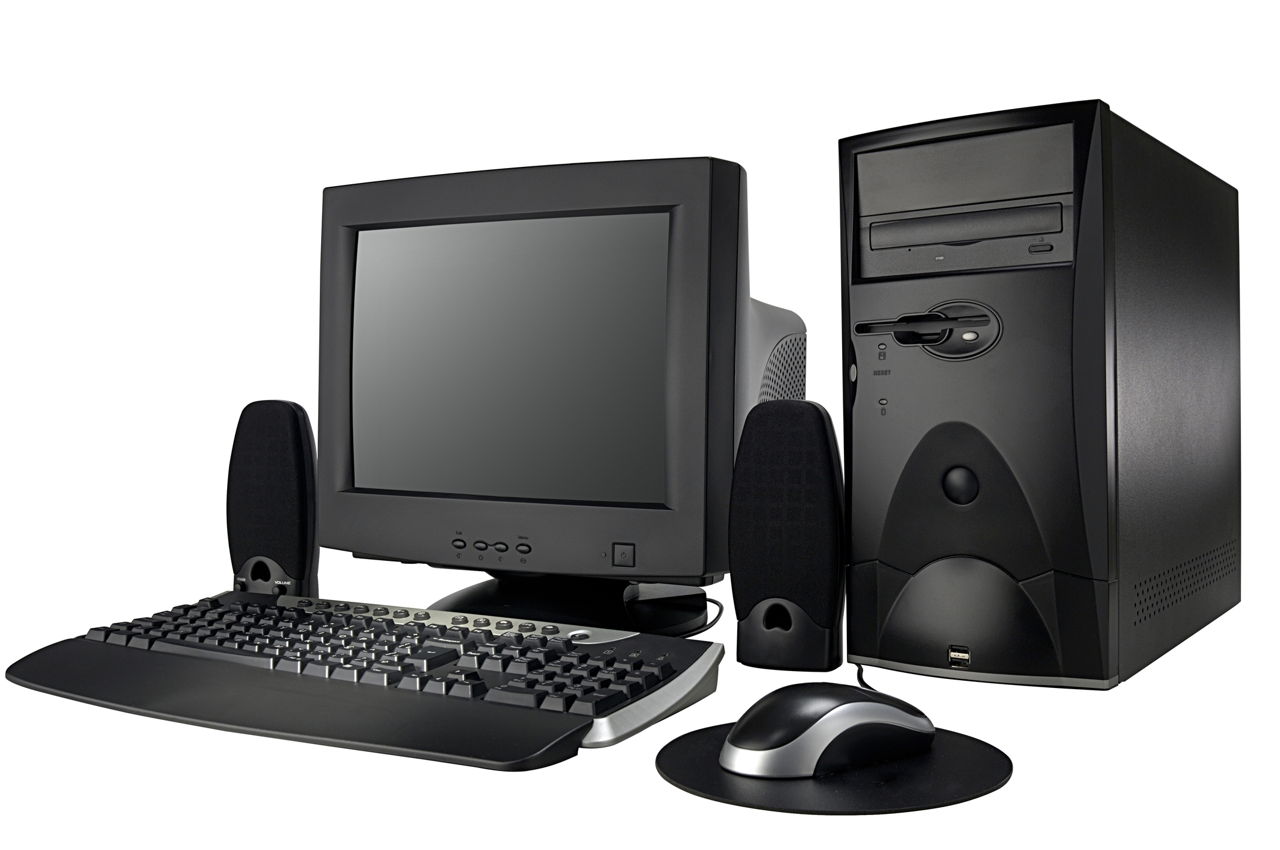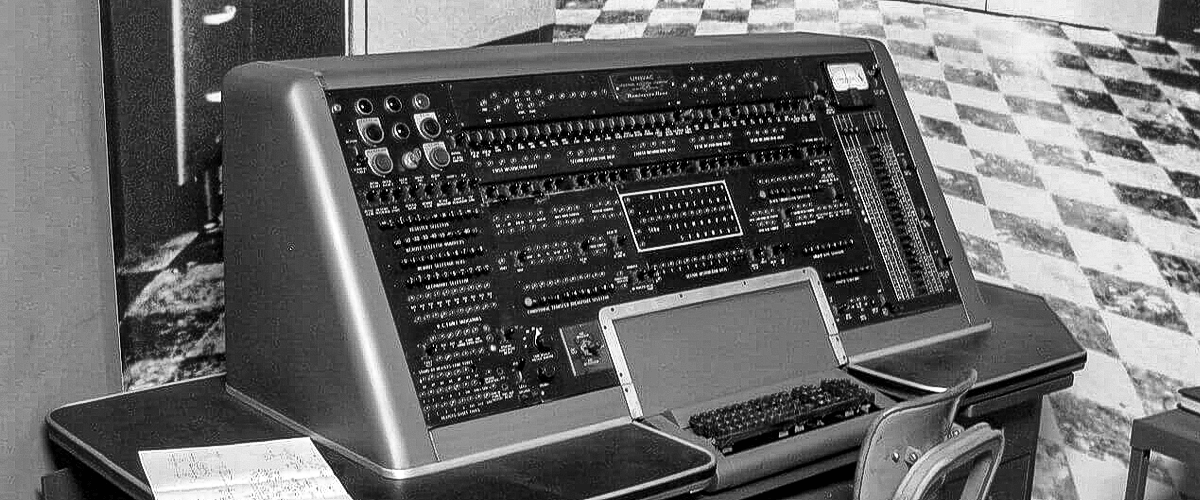About Invention of computer
The invention of the computer is credited to the work of many inventors and scientists over the course of history. The first computers were developed in the 1940s to calculate missile trajectories for the Allied powers during World War II. The first computers were large, bulky machines, often taking up entire rooms. Over the following decades, computers became smaller, faster, and more powerful, eventually leading to the development of the modern, personal computer. Today, computers are used in almost every aspect of life, from banking to communication to entertainment.
A Brief History of Computers
A Brief History of Computers The history of computers is a complex and fascinating one. From the earliest days of mechanical calculators to modern-day supercomputers, the evolution of computers has been nothing short of remarkable.
The first computer was created in the early 19th century by Charles Babbage. He was an English mathematician and inventor who proposed a device that could calculate and store information. This device, known as the Analytical Engine, was the precursor to today’s computers.
Throughout the 19th and 20th centuries, computers became increasingly sophisticated. The introduction of transistors in the 1950s heralded the era of the modern computer, with the development of the first commercially available computer, the UNIVAC I, in 1951.
By the 1960s, computers had become smaller and more powerful, leading to the development of the personal computer. In 1981, IBM launched the first PC in a move that would revolutionize the way people interact
Evolution of Computer Technology
Computer technology has evolved at an astonishing rate over the last few decades. From bulky, room-filling mainframes to pocket-sized smartphones, computers have increased in power, speed, and versatility. The evolution of computer technology has opened up countless possibilities for the modern world, from improved communication to more efficient and accurate data processing.
In the 1940s, the first computers were created. These computers were large and bulky, filling entire rooms and requiring many people to operate them. Despite their size, these computers were still incredibly powerful, and able to process large amounts of data. This was just the beginning of the computer revolution, and computers continued to evolve over the next few decades.
The 1950s brought a new era of computer technology with the introduction of the transistor. Transistors made it possible to create smaller and faster computers, paving the way for the development of the first integrated circuit, which allowed computers to become even smaller and more powerful. By the 1960s, the first
Benefits of Computer Technology
Computer technology has revolutionized the way we work and live in the 21st century. It has provided us with many advantages that were previously unimaginable. From accessing information to staying connected with friends and family, computers make life easier in a multitude of ways. Let’s take a look at some of the most noteworthy benefits of computer technology.
1. Increased Productivity: Perhaps the most obvious benefit of computer technology is increased productivity. With computers, tasks that used to take days or weeks to complete can now be done in a few minutes. Computers have enabled businesses to automate processes, streamline operations, and optimize productivity.
2. Improved Communication: Thanks to computers, communication has become faster and more efficient. You can easily send emails, make video calls, and share documents with anyone in the world in just a few seconds. This improved communication has allowed companies to expand globally and collaborate with partners in different countries.
3. Easier Access to Information: Computers are
Disadvantages of Computer Technology
Computer technology is a double-edged sword; it can have both advantages and disadvantages. One of the main disadvantages of computer technology is the potential for its misuse. Computers are powerful tools that can be used to conduct illicit activities, such as identity theft, hacking, and cybercrime. Additionally, computer technology can produce information that is inaccurate or unreliable, leading to decisions that can have serious consequences.
Another disadvantage of computer technology is the potential for addiction. People can become addicted to the internet and social media, which can lead to a decrease in productivity and even depression. Additionally, the use of computers can lead to eyestrain and carpal tunnel syndrome due to long hours of use.
Computer technology can also lead to a decrease in physical activity. People who spend long hours at the computer can become sedentary, leading to health issues such as obesity and heart disease. Additionally, computers can lead to a decrease in personal interaction, making it difficult for people to make and maintain
Types of Computers
When it comes to computers, there are a variety of options available to fit different needs. From desktop PCs to laptops and tablets, there is a wide range of devices to choose from. It’s important to understand the different types of computers available and their various uses so you can make the best choice for your needs.
Desktop PCs: Desktop PCs are the traditional type of computer and the most commonly used. They are powerful, reliable machines that can be used for a variety of tasks including gaming, photo and video editing, and general computing. Desktop PCs provide more power, storage, and expandability than other types of computers and can be customized to fit specific needs.
Laptops: Laptops are portable computers that offer a wide range of features and capabilities. They provide the same level of power and performance as a desktop PC but in a more compact package that’s easy to transport. Laptops are ideal for those who need to work on the
Future of Computer Technology
Computer technology is an ever-evolving field, and it is important to stay on top of the latest advancements in order to remain competitive. While it is impossible to predict the exact future of computer technology, there are some trends that are likely to continue.
Cloud computing has become increasingly popular in recent years and is likely to remain so as businesses look to reduce their costs and become more efficient. Cloud computing allows businesses to store and access data from any location. This means that businesses can operate from a single server, and access data from any location. This allows for greater flexibility and quicker response times.
Artificial Intelligence (AI) is also likely to become increasingly important in the future. AI is used to help automate processes, such as customer service, and can improve efficiency and accuracy. AI is also being used to develop self-driving cars and healthcare systems. As AI becomes more sophisticated, it is likely to become an even more important factor in the future of computer technology
Q1: Who invented the computer?
A1: The first computer was invented by Charles Babbage in 1822.
Q2: What was the first computer called?
A2: The first computer was called the Analytical Engine.
Q3: What was the purpose of the first computer?
A3: The first computer was designed to help solve complex mathematical equations.
The invention of the computer has revolutionized the modern world. It has enabled us to do things that were previously impossible, and its applications are almost limitless. Computers have changed the way we work, play, learn, and communicate. It has opened up opportunities for new businesses, new ways of learning, and new forms of communication. The computer has become an integral part of our lives, and its impact on the world is undeniable. It is a powerful tool that has created a new era of possibilities.







